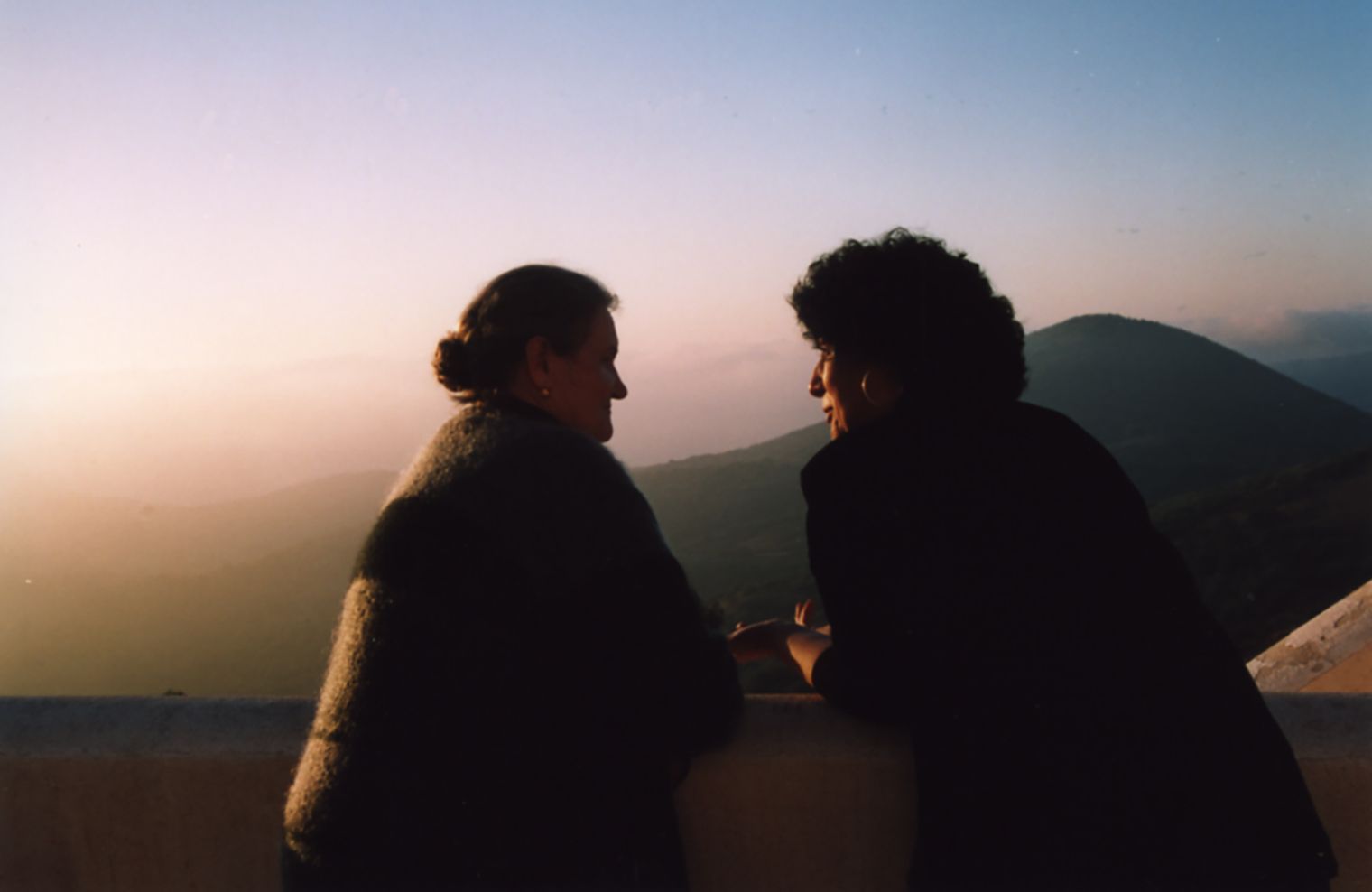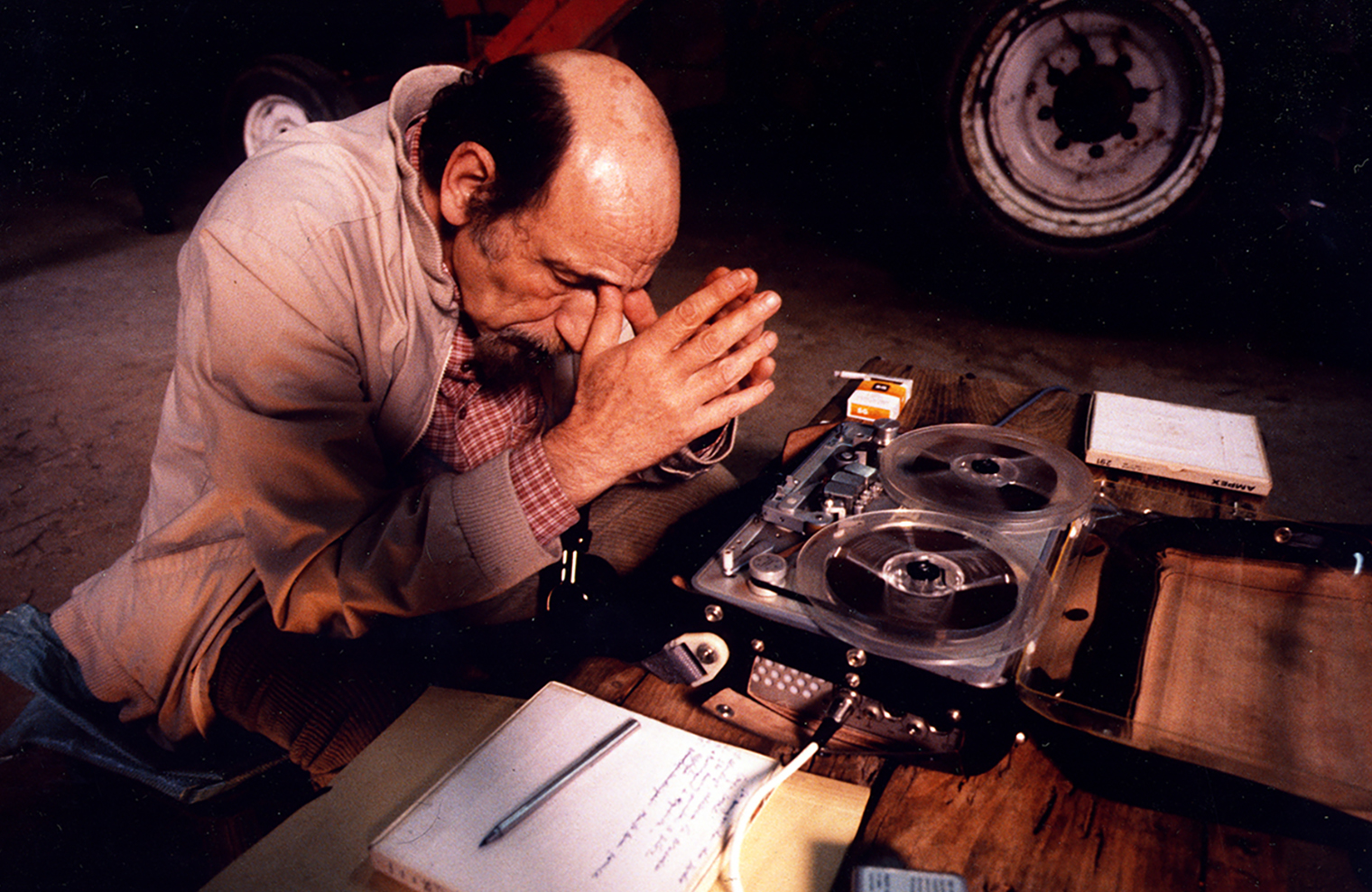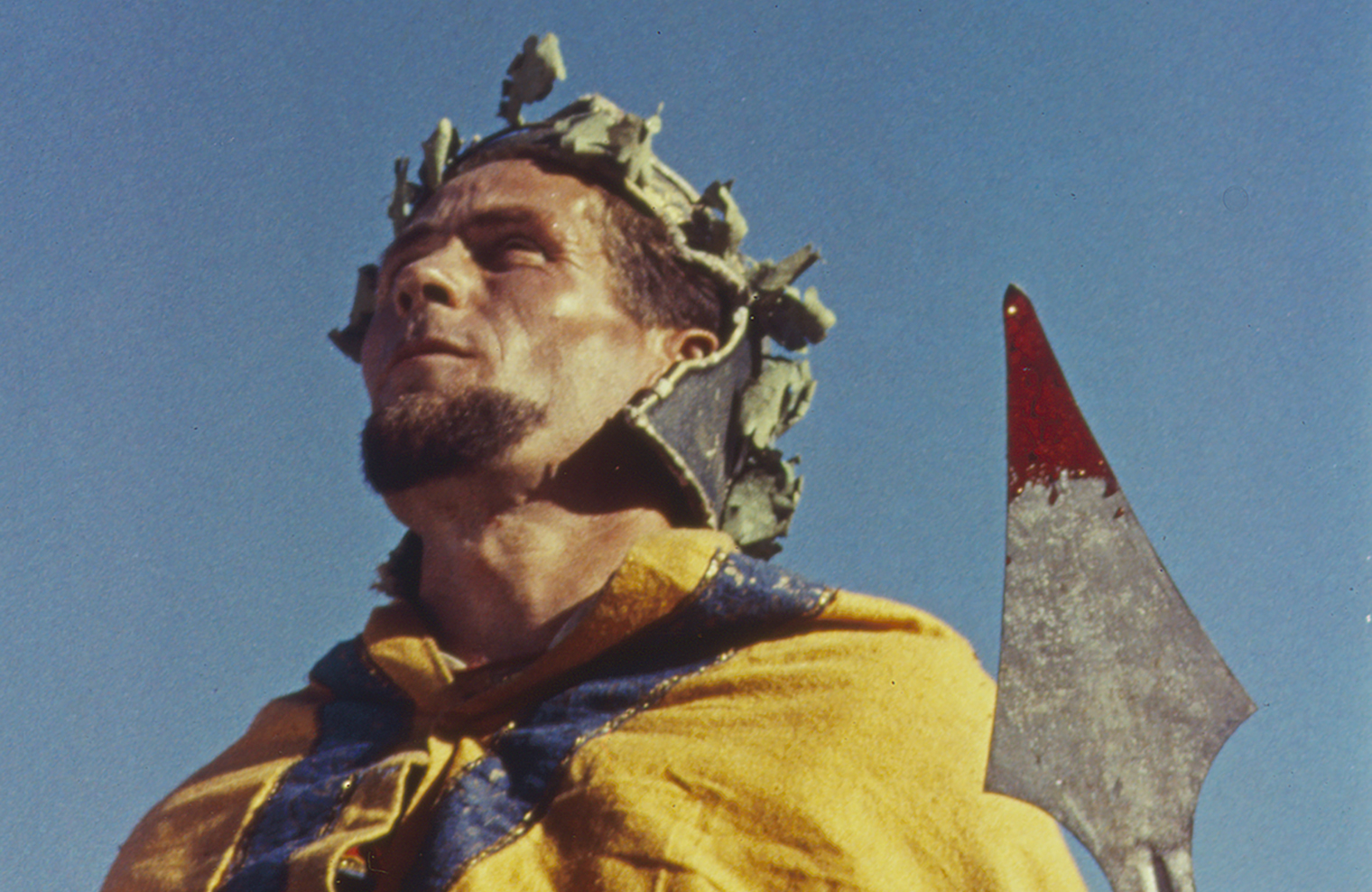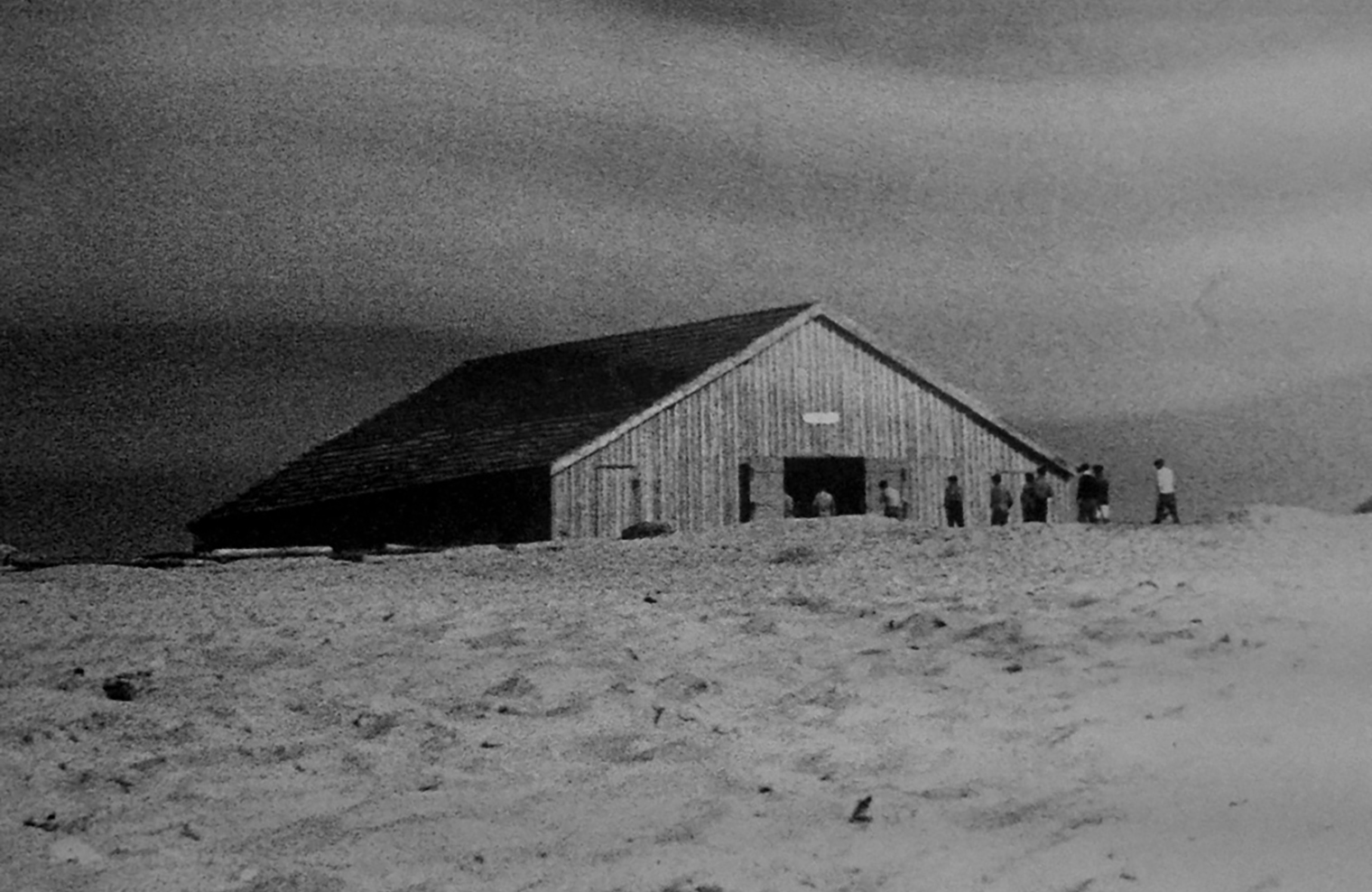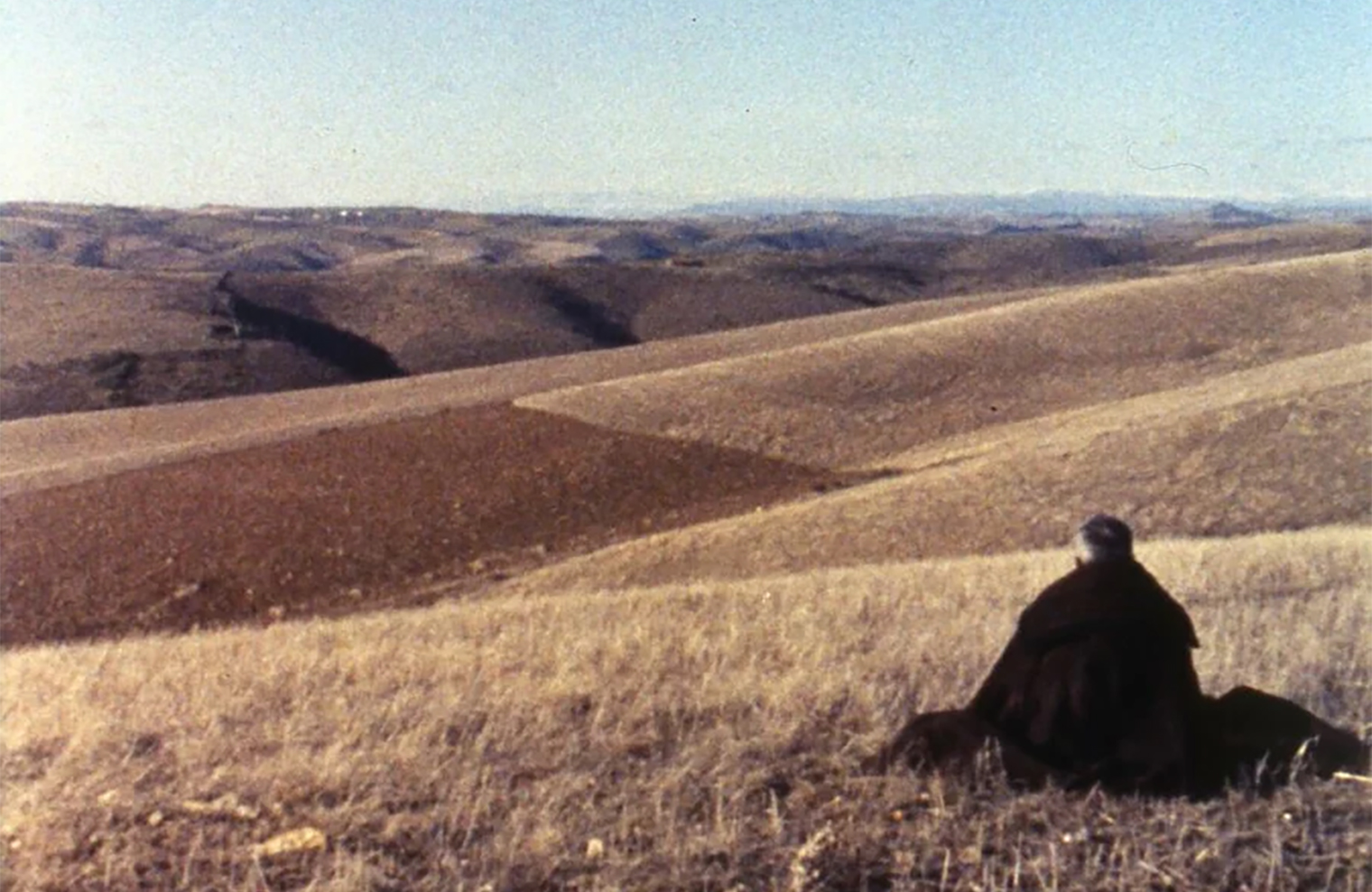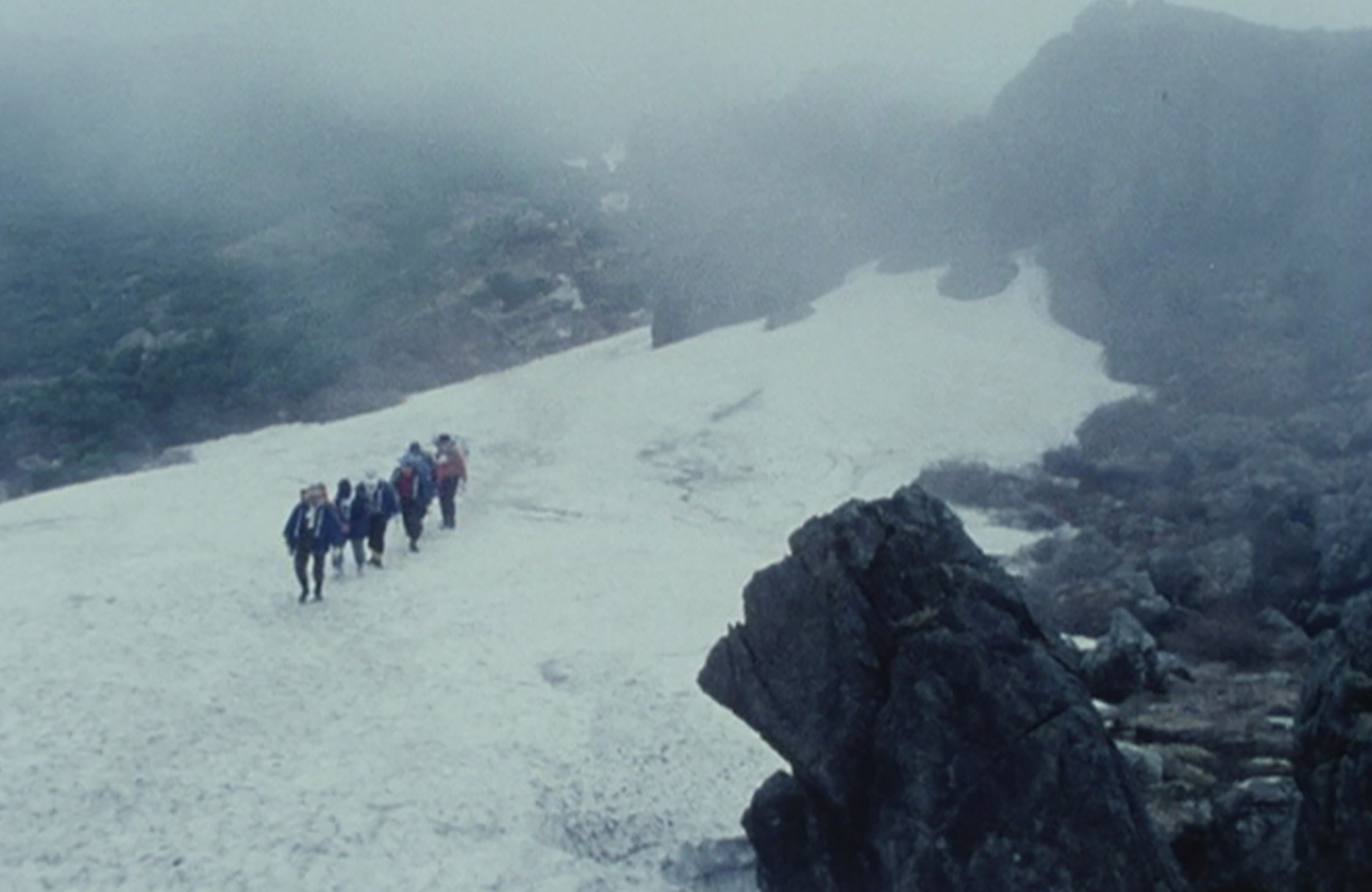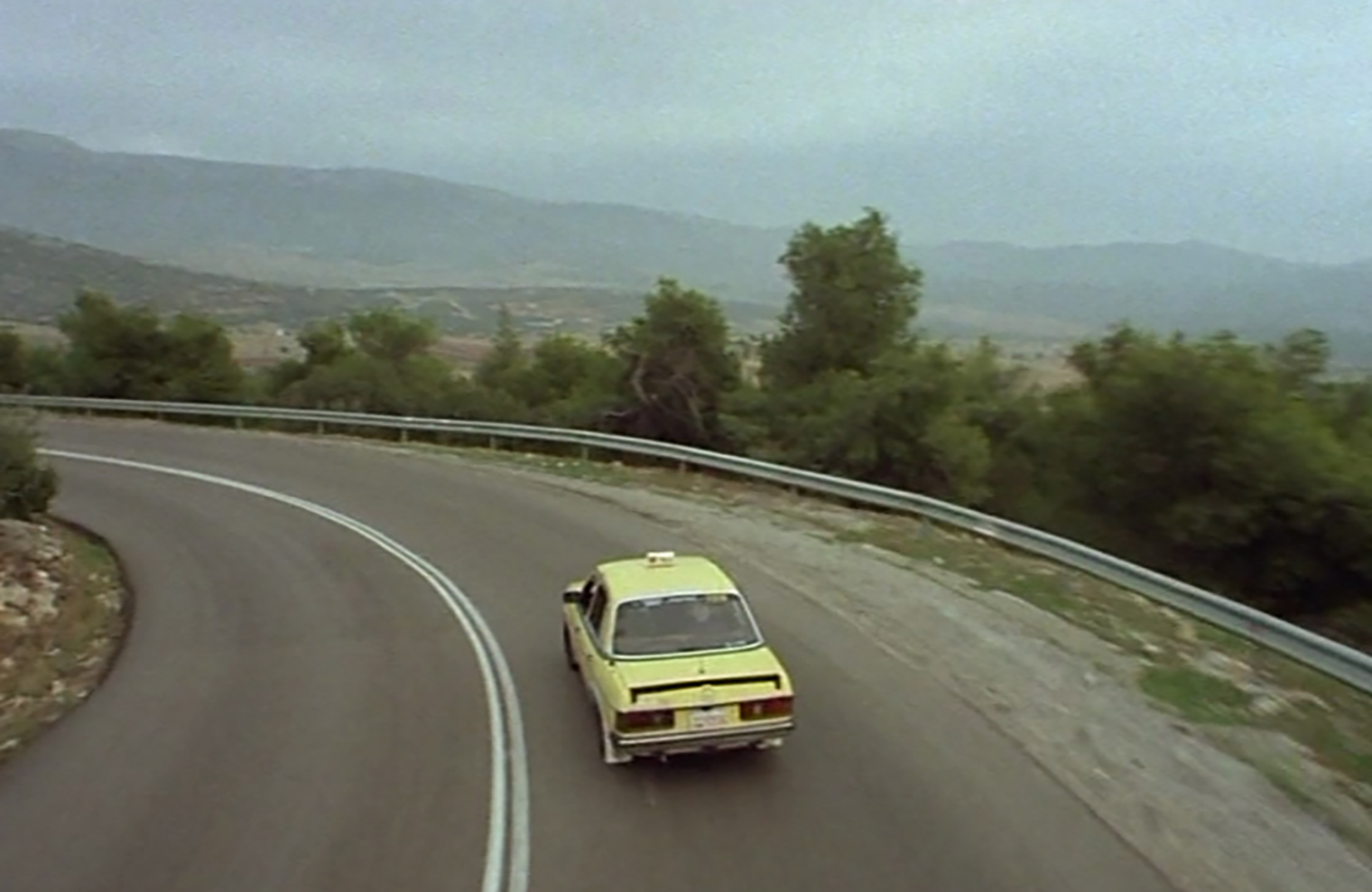Encontros
Diz-se que na morte se vem sempre de longe
ao encontro de alguma coisa.
Reencarnamos no reconhecimento de uma voz,
e qualquer voz longínqua nos traz a certeza familiar
de não termos estado nunca sozinhos.
Porque nos reconhecemos nos bancos de jardim
onde nunca estivemos sentados.
Porque a lembrança que se extingue
é na memória que perdura.
Que mistério de memória é essa,
a da vida que, rasurando,
escreve de novo o que não deixa de sentir?
They say that in death one comes from afar
to encounter something.
We find reincarnation in the recognition of a voice,
and some far-off voice brings us that familiar certainty
that we have never been alone.
For we find familiarity on a park bench
where we have never been seated.
Because a recollection that fades
lives on in our memory.
What mystery of memory is this?
That of life, which rubs things out,
then rewrites what it continues to feel?
– Sérgio Godinho, original poem from Encontros
Encounters were at the heart of the life and work of Pierre-Marie Goulet (1950-2021). His filmmaking consisted of a process of searching and accumulating elements that then needed to be forgotten, to be reborn in ways that he himself could not have anticipated. What interested him the most were those small miracles that would emerge almost by chance. “I need to impregnate myself in an obsessive way with a universe that will then give me back the film,” he said. This process of finding and connecting unsuspected threads, geographical, cultural, or cinematographic, was nowhere as pronounced as in Encontros (2006), a film that revealed itself at the crosspoint of different paths and times based around the polyphonic songs from southern Portugal’s Alentejo region. The film grew out of the desire to extend the adventure of a previous film, Polifonias (1998), and to “circumscribe the presence of a sonorous, musical, poetic, human tribe, an analogical and surprising tribe whose territory does not correspond to any geographically known territory", but it developed into a form entirely of its own, as a resonance chamber where a multiplicity of invocations resound.
Invocations such as that of young poet António Reis, not yet a filmmaker at the time, who became mesmerized by the songs of Peroguarda villagers and decided to visit the village in 1957, where he recorded poems recited by inhabitants, amongst whom the extraordinary Virgínia Maria Dias... Of Corsican ethnomusicologist Michel Giacometti who moved to Portugal two years later, where he would dedicate the rest of his life studying and recording popular oral traditions which were being lost or forgotten. It was Reis who sent Giacometti to Peroguarda where he would return periodically, and where, according to his wish, he was buried... Of poet Manuel Antonio Pina who, accompanied by other aspiring poets, chose to follow in the footsteps of António Reis in the mid 1960s... Of filmmaker Paulo Rocha, who shot his second film, Mudar de Vida (1966), in the village of Furadouro, setting the story among the fishermen who had fascinated him during his childhood. It was again Reis, having already worked alongside Rocha as assistant director of Manoel de Oliveira’s Acto da Primavera (1963), who wrote the film’s dialogues... From these intertwining invocations Pierre-Marie Goulet has crafted a tender meditation on the persistence of memory, sharing with us the echoes of a time that has passed, of a culture that is at risk of being erased. Not as a lament of what has been lost, but to make room for all that is alive.
Encontros acts as a guiding thread for this program, which brings together works by Pierre-Marie Goulet, Margarida Cordeiro and António Reis, Paulo Rocha, and Manoel de Oliveira; but also of Jean-Daniel Pollet, close friend and collaborator of Pierre-Marie Goulet, with whom he shared a profound love for the spaces, the rites, the memory and culture of the Mediterranean; as well as of Sumiko Haneda, who worked with Paulo Rocha on two of his films, and whose Ode to Mt. Hayachine (1982) provides another echo of traditions whose vital force continues to reverberate in the present.
In the presence of filmmaker and educator Teresa Garcia, who collaborated on the films of Pierre-Marie Goulet and with whom she developed Os Filhos de Lumière, a remarkable film education movement in Portugal.
Thanks to Teresa Garcia, Paulo Trancoso (Costa do Castelo), Martine Barbé (Image et Création), Sara Moreira (Cinemateca Portuguesa), Manuel-Casimiro de Oliveira, Sumiko Haneda, Tokue Sato (Kanatasha), Takeshi Yoshida (Japan Foundation), Christophe Piette (CINEMATEK), Matteo Boscarol, Rita Morais.
